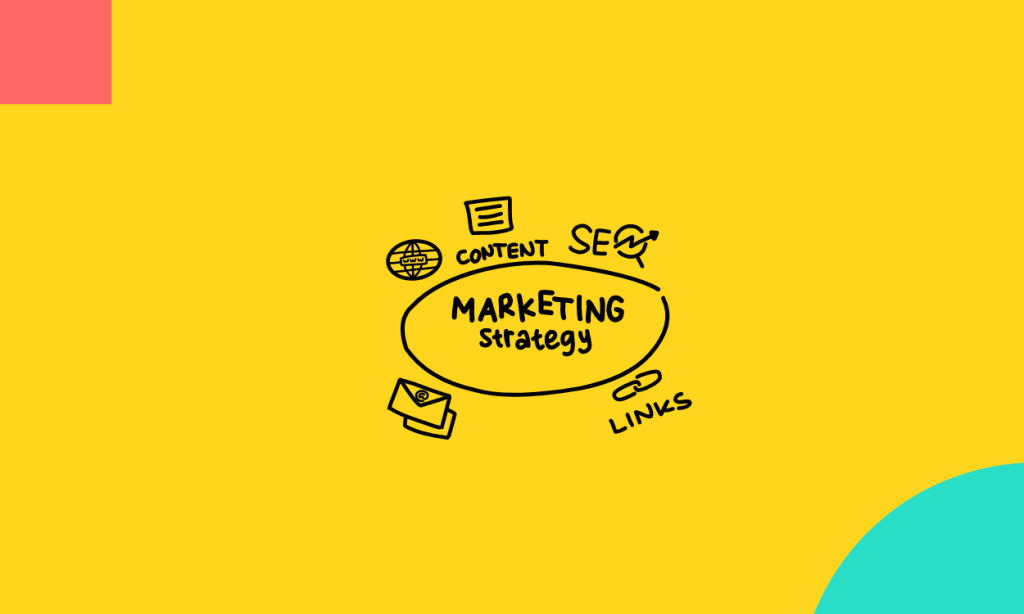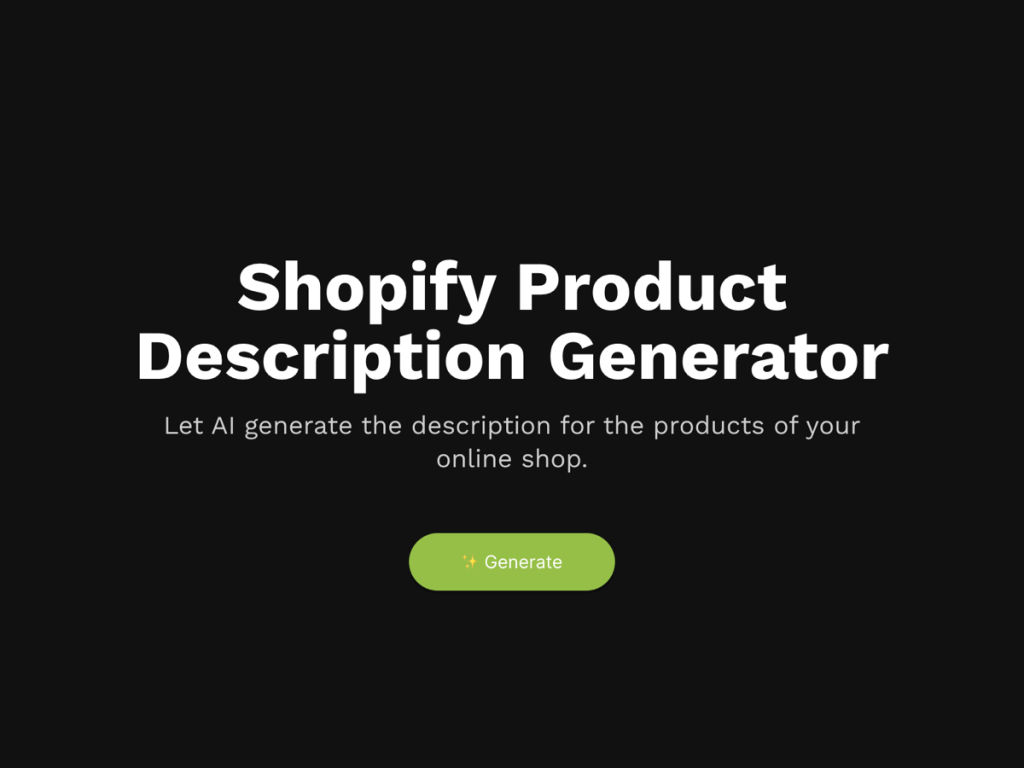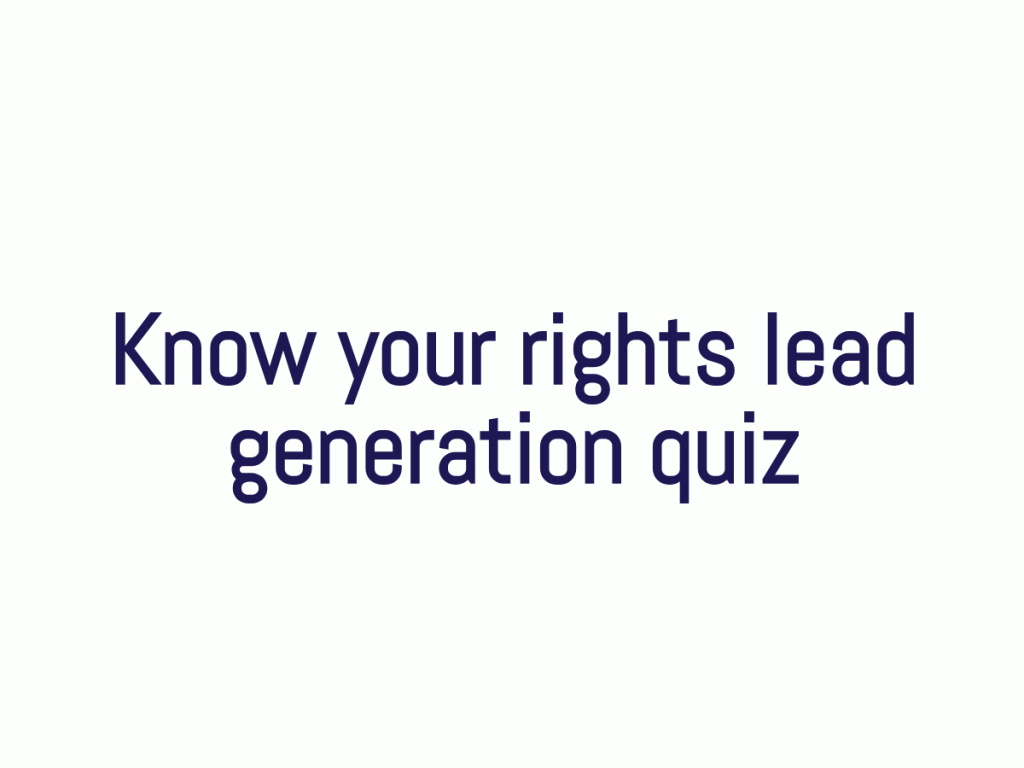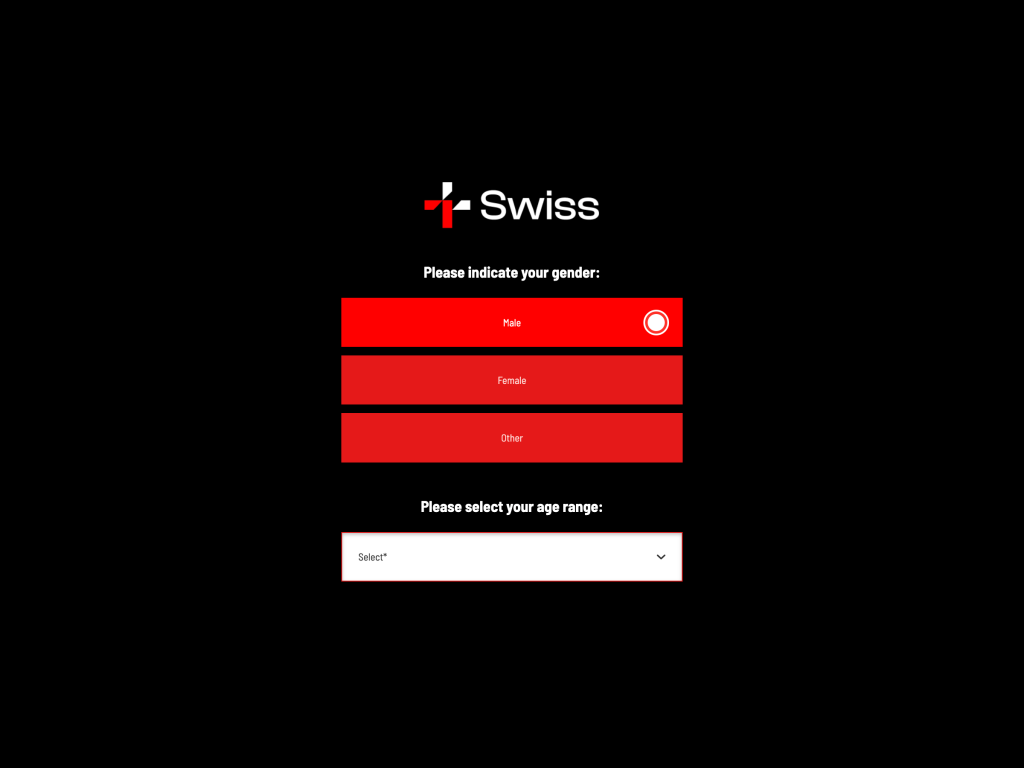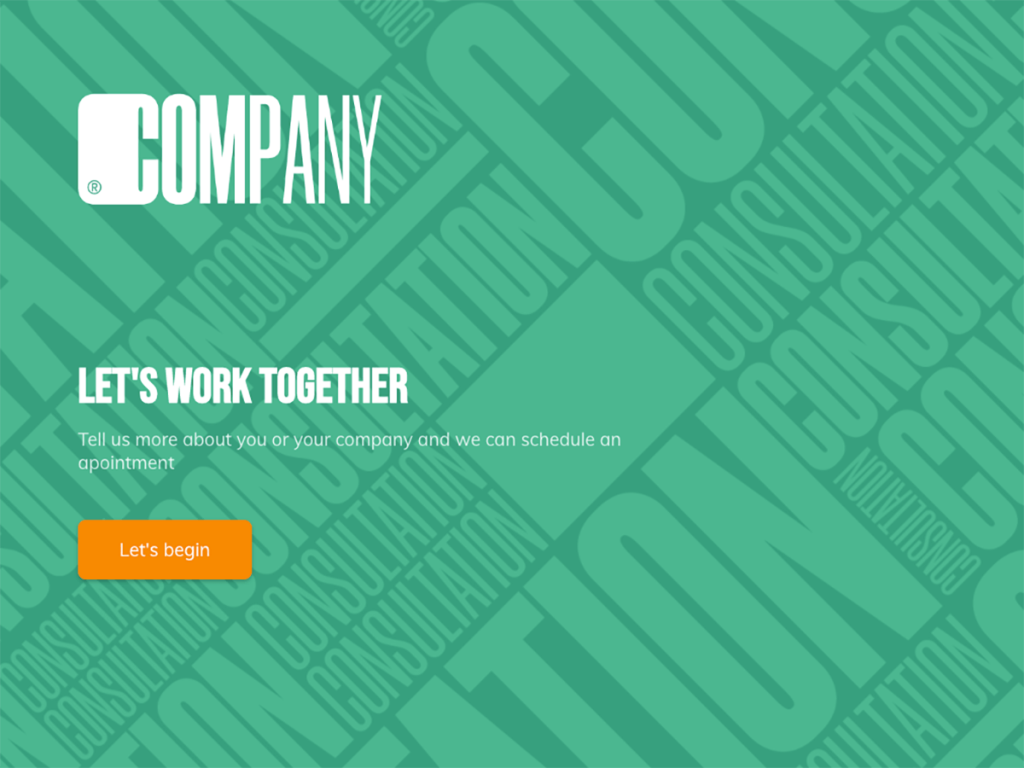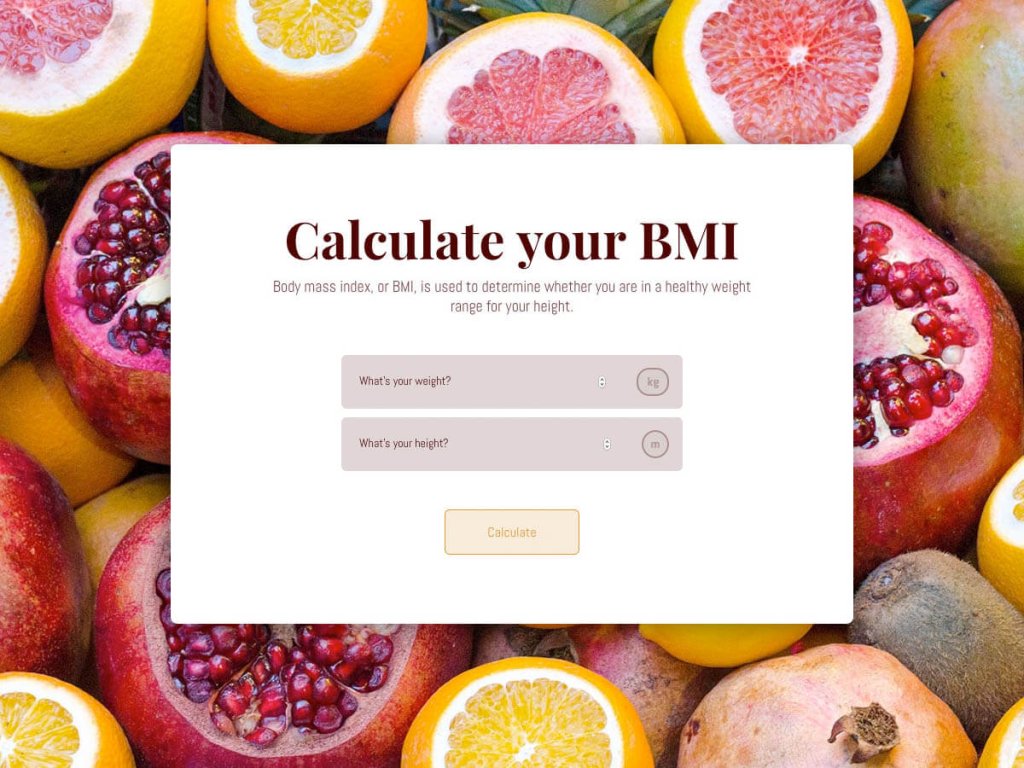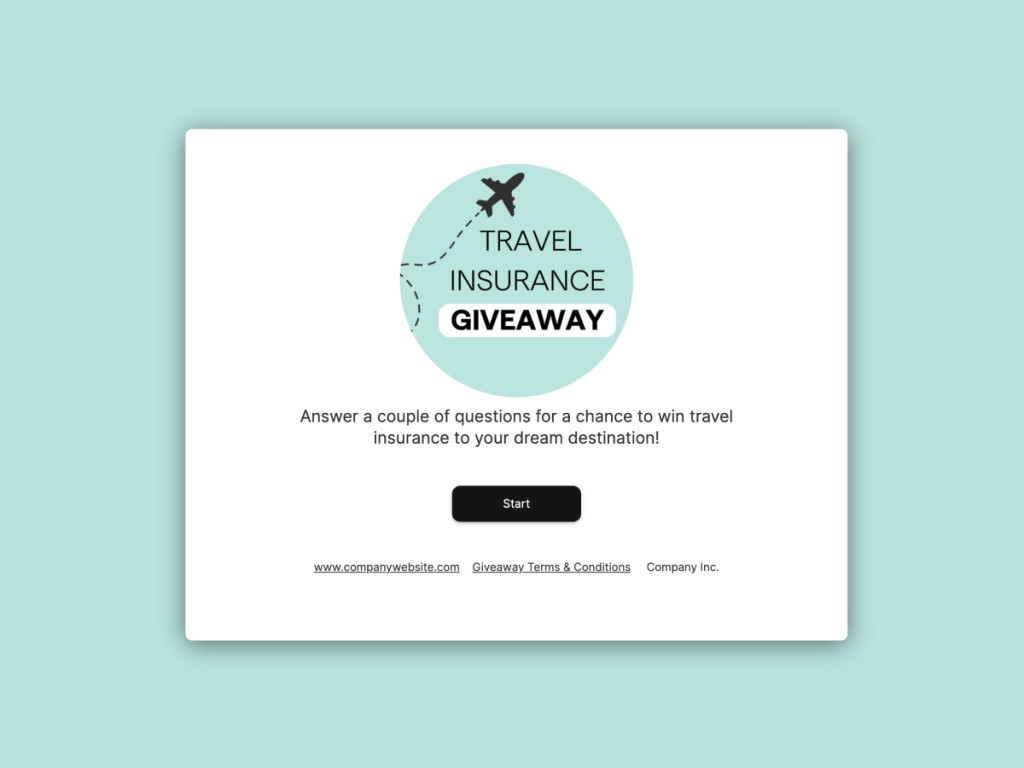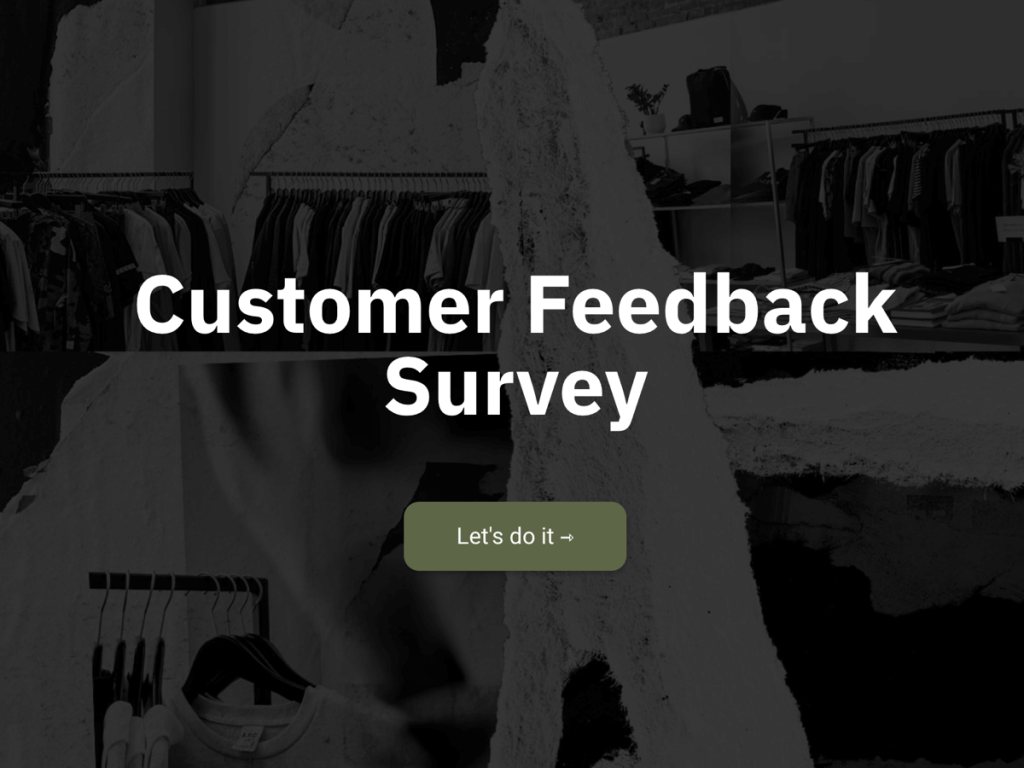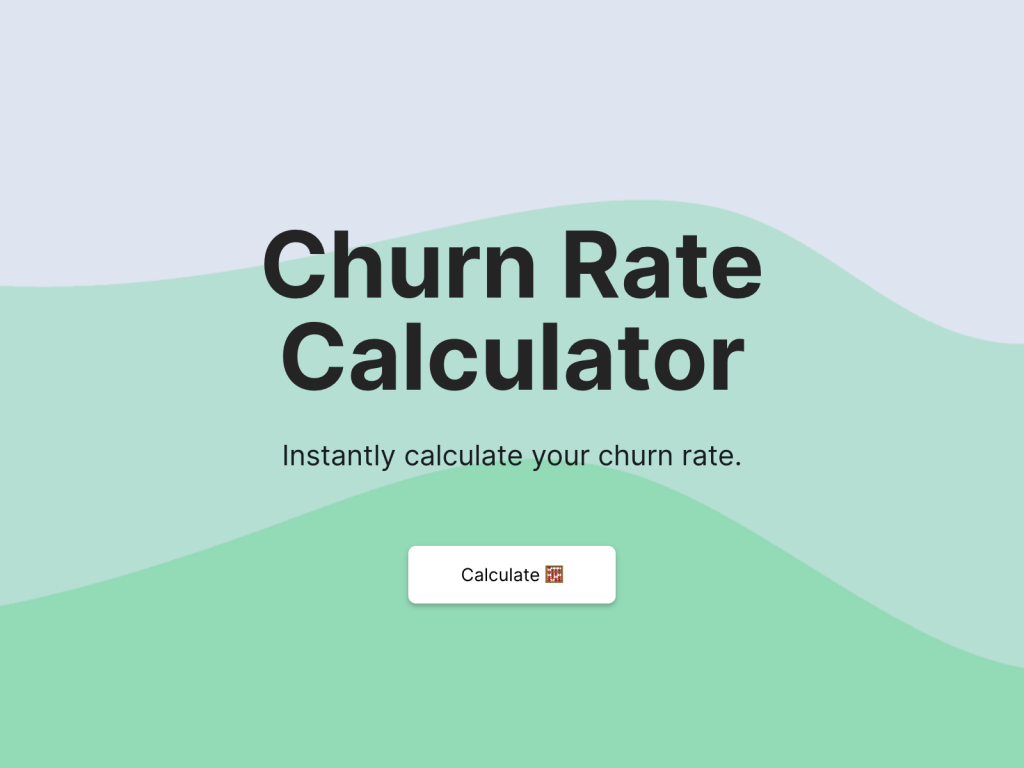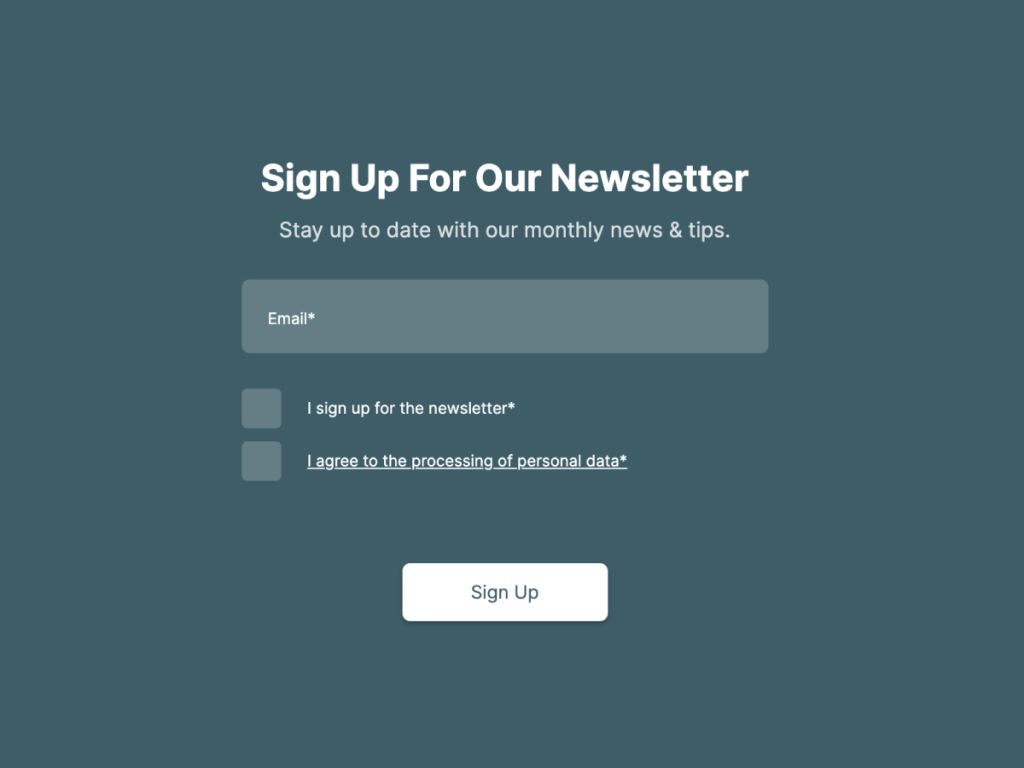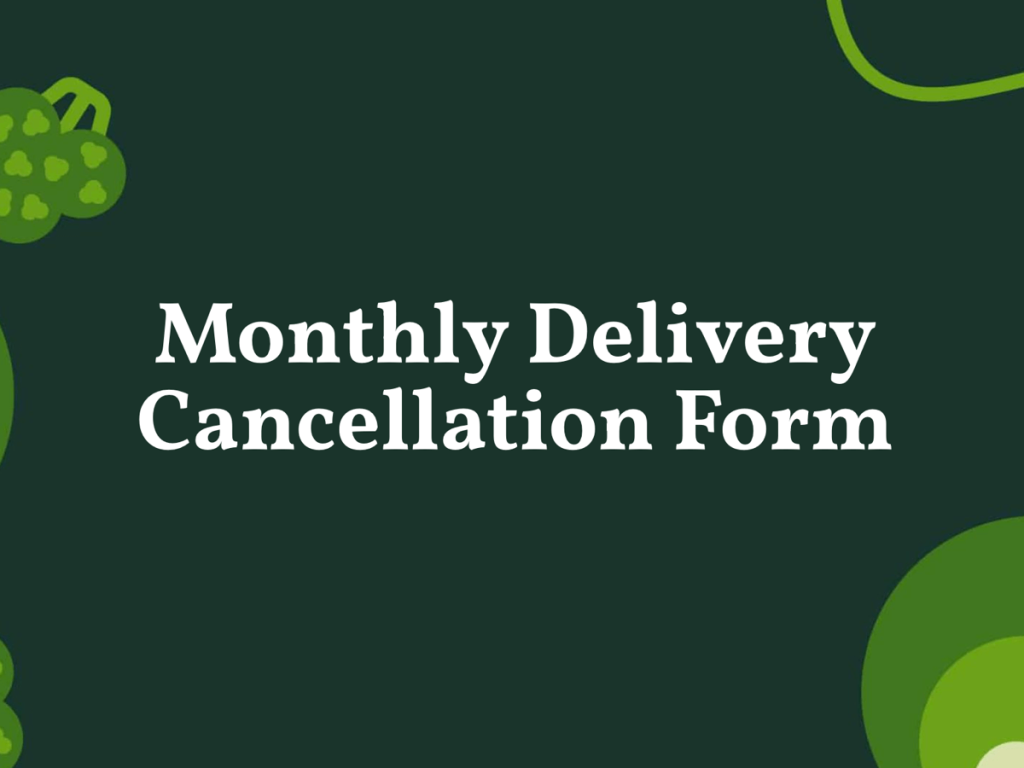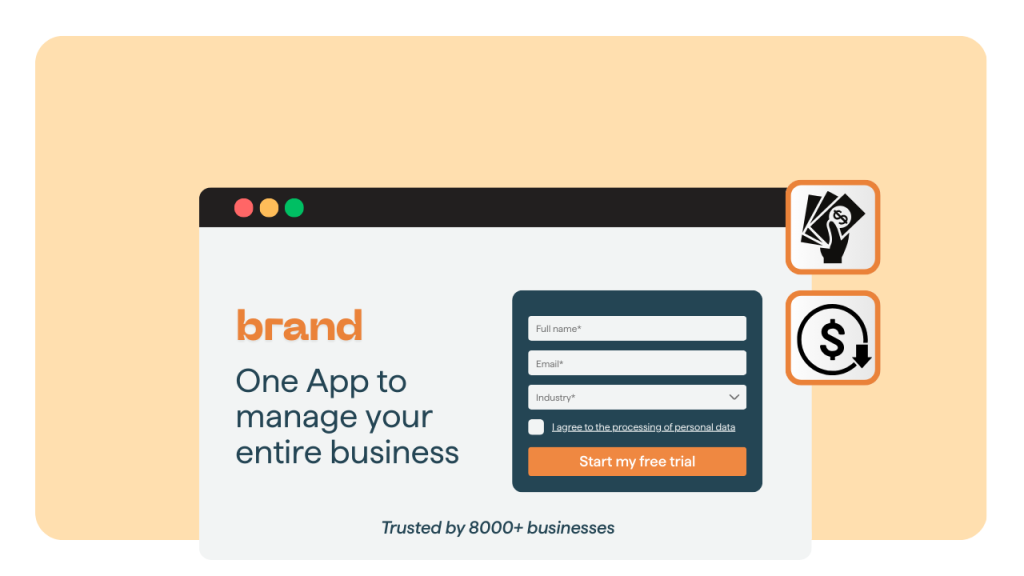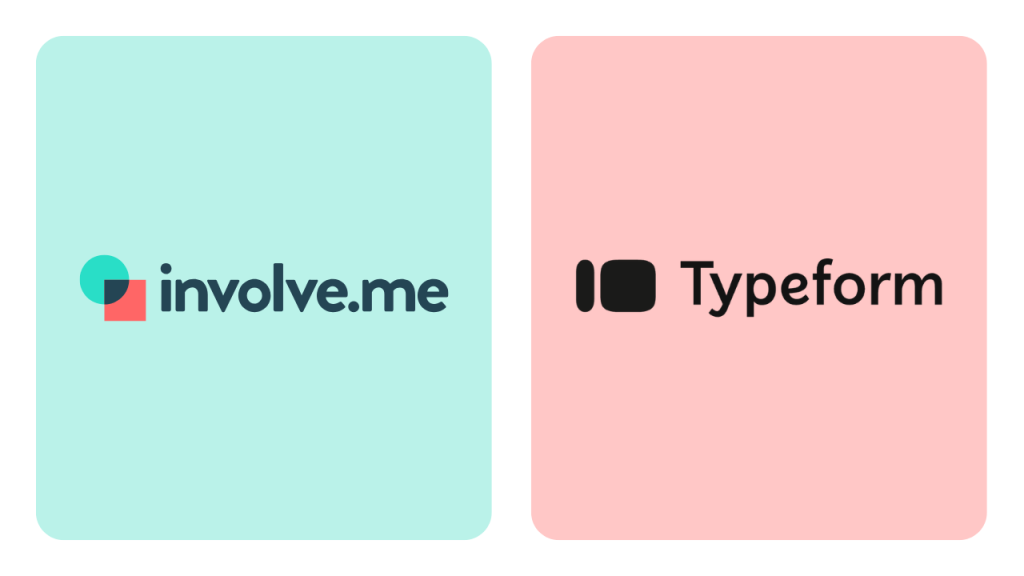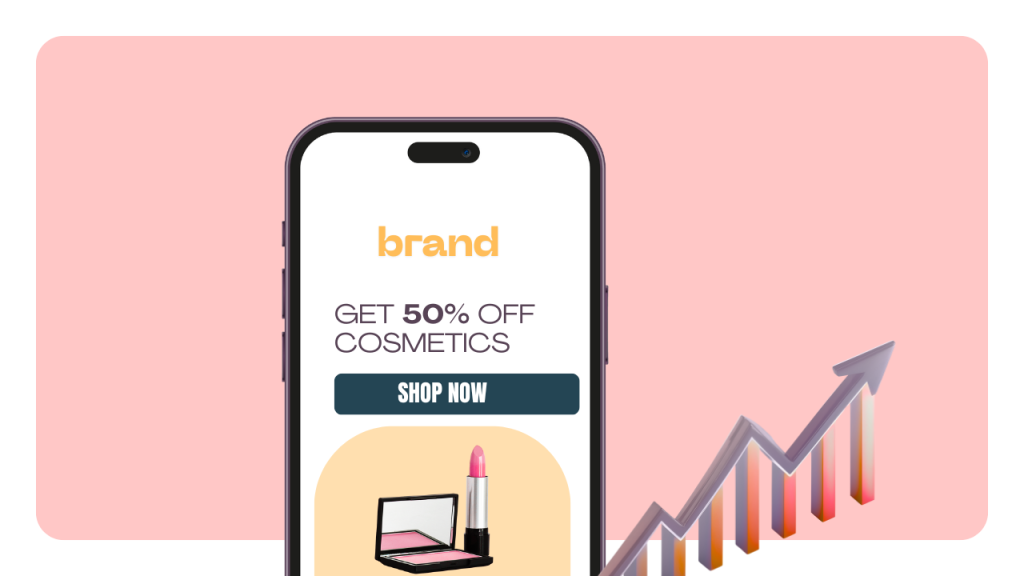Lead generation and brand awareness are integral marketing strategies employed by every expanding business; however, distinguishing between the two can sometimes be challenging.
Put yourself in the scenario of introducing a new product.
Building brand awareness is like putting up a vibrant billboard on a bustling highway that everyone, especially your customers, passes by every day. It's all about making sure they are well aware of both you and your product's existence.
Lead generation, on the other hand, is like handing out business cards at a trade show. It's a direct approach where you collect contact information from those interested in your products.
Not clear yet? Let us explain in more detail and then answer the big question–which strategy is worth your investment!
Understanding Lead Generation
Lead generation is the process of identifying potential customers interested in your product or service, aiming to convert them into paying customers. This involves gathering contact information (leads) from visitors through various means such as content magnets, online ads, lead generation campaigns, and more.
Compared to brand awareness, lead generation is a more tangible process focused on driving sales, making it an essential component of the sales funnel.
If your brand is already well-known, reaching out to warm leads, who are already familiar with your products, becomes more likely. In this scenario, inbound marketing efforts take precedence as the primary strategy.
However, for brands still working on establishing awareness or reaching out to cold leads, outbound marketing strategies play a pivotal role in driving engagement and conversions.
Importance of Lead Generation
Sales being the ultimate objective for every company, lead generation becomes an inevitable aspect for all businesses. Here are a few reasons why:
Increased Customer Acquisition
Established lead generation processes significantly boost revenue for B2B companies, with mature processes contributing to a 133% revenue increase compared to average companies (Intellistart). This underscores the direct influence of effective lead generation strategies on customer acquisition and overall business expansion.
Data Collection and Analysis for Business Planning
Employing various lead generation strategies in digital marketing, such as using LinkedIn automation tools and cost-effective content marketing over traditional methods, allows you to gather valuable customer data that can be refined into actionable leads.
Building Relationships with Prospects
Consistently nurturing your leads can boost sales by 50% (Writer's Block Live). Lead generation strategies focus on engaging leads through personalized content, targeted emails, social media posts, and other tailored approaches.
Increased ROI
Lead generation, particularly through email marketing, provides an impressive return on investment (ROI). On average, for every dollar spent, you can anticipate a return of $36—clear evidence of the efficiency of lead generation efforts.
Key Lead Generation Strategies
While each business has its unique characteristics, several proven lead-generation strategies have garnered success for many. These include:
1. Targeted social media ads
2. Referral programs
3. Content marketing with case studies
4. Networking events
Among these, the two most popular ideas are:
Create Lots of Opt-in Opportunities [Templates!]
Live demos, freebies, webinars, events, social media lives–don't just stop at one opt-in. Turn every valuable content you create, every blog post and report, into an opt-in page.
Give away free PDFs, templates, resource guides, worksheets, and more in exchange for contact details. Incorporate opt-in boxes on sidebars or use pop-ups strategically. The goal is to prompt users to make a decision: Do you want this or not?
Here's an example of a lead gen form:
Not trying means missing opportunities, even if not every visitor says yes.
If you'd like to create a similar lead generation form like in the example above, use these pre-designed templates:
Create Forms, Quizzes, Surveys
Customize a template
Open Job Application Template
Tiles calculator Template
Shopify Product Description AI Generator Template
Know Your Rights Leadgen Quiz Template
Can you afford mortgage? Template
Free $100 Coupon Giveaway Template
Use Competitor Analysis and SEO [Templates!]
SEO boasts one of the best returns on investment in online lead generation, mainly because of its cost-effectiveness in acquiring customers.
Invest in comprehensive keyword research and competitor analysis to attract targeted potential customers, improving future lead-to-sales conversion rates. Concentrate on long-tail keywords (five to six words) tailored to your ideal customer profile.
Gain insights from your competitors' lead generation tactics. Identify the content and platforms yielding results for them. This approach not only inspires your strategy but also helps to predict key performance indicators.
To enhance both SEO and lead generation, develop a free tool for your audience. You can build it from the ground up using involve.me's AI features or opt for a pre-designed template:
Create Lead Magnets For Your Website
Start with a template
Get Coupon Code Template
Tiles calculator Template
Car Loan Calculator Template
Customer Satisfaction Survey for Finance Template
Consultation Scheduling Form Template
BMI Calculator Template
Understanding Brand Awareness
Brand awareness is all about how well-known your brand is. It includes whether your audience is aware that your brand exists, measured through things like website and social media activity.
If people easily think of your brand when considering a specific product or service, that's strong brand awareness. Elements like your logo, taglines, and ads contribute to this.
Imagine this: You're given two pairs of sneakers that look the same. Tough choice, right? But what if we tell you one is Nike? You see the iconic Swoosh, and instantly, you know it's Nike. That's the power of brand awareness—you'd likely choose Nike because you know that brand.
Importance of Brand Awareness
According to a Nielsen study, having strong brand recognition can increase the likelihood of customers choosing your product by 60%. This explains why well-known brands often experience high conversion rates.
Brand awareness also helps in establishing:
Trust and Credibility
For 81% of customers, the brand is a crucial factor influencing purchasing decisions (Edelman Trust Barometer). Therefore, the higher your brand awareness, the more prospects perceive you as reliable and reputable.
Word-of-Mouth Marketing
A Nielsen study reveals that 92% of customers are more likely to act on recommendations from friends and family than any marketing or ad copy. With robust brand awareness, you can attract more customers through referrals.
Customer Loyalty
Brand awareness serves as a foundational element in cultivating customer loyalty, as 90% of consumers are more inclined to buy from a brand they are loyal to.
Digital Presence and Social Media Engagement
A growing number of businesses are turning to digital marketing to enhance their brand visibility. Engaging actively on social media can significantly expand your brand's reach, foster interactions, and cultivate a community of loyal customers.
In the long run, increased brand recognition contributes to improved brand equity and market share, making the acquisition of potential customers more cost-effective and straightforward.
Key Brand Awareness Strategies
Converting leads to sales is relatively straightforward, but the challenge lies in building brand awareness. On average, it takes five to seven impressions for people to remember your brand, and achieving this frequency can be a task in itself.
Building brand awareness is a gradual process that requires time. Over time, your brand establishes a presence in the minds of your target market.
To succeed in the long-term, with a solid brand's foundation including easily recognizable icons and catchy taglines, here are two of the most popular brand awareness efforts:
Build a Community
Whether it's a closed-off space in Slack or an open forum-style community, building a community is a surefire way to establish your brand as a household name. It enables you to draw people in and educate them about your products.
As the community expands, so does your brand awareness. To foster more engagement, organizing live events and webinars is crucial. These events provide members with a platform to come together and discuss shared interests, namely your product. These individuals then transform into your brand ambassadors, educating others and referring your brand to them.
Have you already become part of involve.me's community?
Yet, when orchestrating events that bring numerous professionals together, offering attendees high-quality headshots can be impactful. These dynamic representations showcase their professional identity, incorporating interactive elements like animations and AI. This approach accomplishes dual goals—boosting brand awareness by attracting traffic and facilitating lead generation as individuals engage in the event—effectively hitting two birds with one stone.
Here are a few additional strategies to grow your community for enhanced brand awareness:
Engage on social media platforms
Establish quality groups and forums
Collaborate with influencers
Promote user-generated content
Partnerships
At times, sailing in the wake of bigger ships pays off. Collaborating with influencers and companies boasting vast followings among your target audience, already enjoying popularity, trust, and loyalty, enables you to borrow some of that brand-building goodness for yourself.
Here are some partnership ideas for you:
1. Takeover a partner's social media channel
2. Launch a spin-off service with a partner
3. Conduct a webinar with the partnering influencer/company
4. Offer your partner's service as an add-on to your customers
5. Sponsor a community, event, or newsletter
Team up with businesses or individuals who share your values and have an audience that naturally connects with your brand. Try things out and learn as you go with your partnered content, making tweaks as needed.
Lead Generation Vs Brand Awareness Strategies: Answering the Big Question
When implemented strategically and timed effectively, these two initiatives yield high-quality lead generation campaigns and propel your brand toward greater recognition and profitability. Follow this two-stage process:
First, build brand awareness through brand awareness campaigns.
Then, provide value through lead generation activities.
Since both strategies often overlap, brand awareness is typically the initial step to generate leads. In a broader context, brand awareness is also about converting traffic into users as they progress through the customer journey.
The ultimate answer to whether you should invest in lead generation or a brand awareness campaign is to invest in both!
Also, evaluate available resources, such as overall execution costs, to set realistic expectations and desired outcomes. Depending on the team needed for your successful marketing strategy, consider existing options for payroll management to enhance budget allocation, resource management, and employee satisfaction and performance.
Next Step
In conclusion, both lead generation and brand awareness are indispensable tools in your marketing toolkit. The choice to prioritize one over the other hinges on your specific business goals, available resources, and market conditions. The goal is to consistently strike the right balance between both to nurture sustained growth over time.
Start your lead generation campaign with these lead generation forms (free templates).
